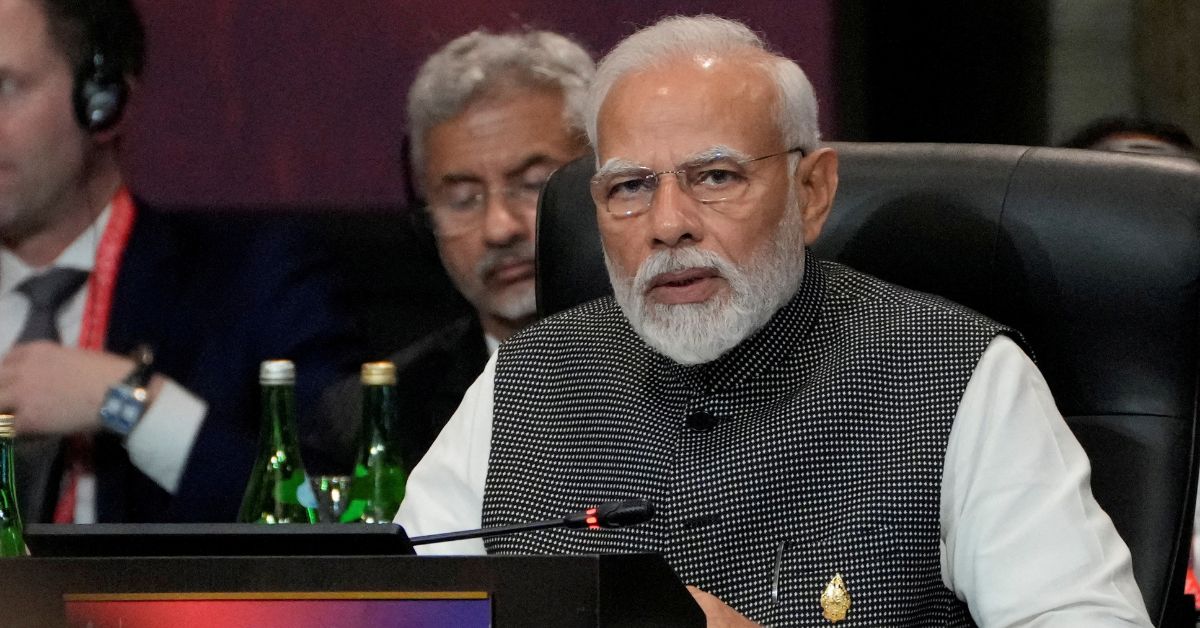In 2008, during the financial crisis in the U.S., China saw an opportunity to acquire foreign companies at a low cost. According to a government-funded report by researchers at Beihua University, this presented a rare chance for Chinese enterprises lacking resources and advanced technology to expand abroad. An example of this is when Chinese company Wanxiang purchased bankrupt U.S. electric vehicle battery company A123 at a bargain in 2012.
In the present day, there is nothing to prevent China from gaining closer access to emerging technology in the wake of Silicon Valley Bank’s recent troubles. SVB, known as the start-up bank, surprised investors by announcing the need to raise $2.25 billion to stabilize its balance sheet. This caused mass hysteria and resulted in $42 billion in customer withdrawals and a 60% drop in the bank’s stock. Eventually, the bank officially failed and the Federal Deposit Insurance Corporation took over. However, the Treasury and Federal Reserve intervened by guaranteeing uninsured deposits, effectively bailing out the banking system. This situation puts the U.S. and international tech ecosystem at risk of another crisis that could present an opportunity for China to acquire critical and foundational emerging technology.
Read: Why did Silicon Valley Bank (SVB) fail? Explained in 8 points
In the wake of HSBC’s acquisition of the UK arm of Silicon Valley Bank (SVB), the US government is also working to facilitate a sale of SVB. However, this may result in a fire sale environment that could have significant follow-on effects throughout the global tech ecosystem. With SVB’s dominant banking partner for the American tech ecosystem disappearing overnight, founders may struggle to make payroll, and fund managers may need to seek more stable partners and sources of capital. There is a risk that this moment could grant China a strategic opportunity, particularly since HSBC’s top shareholder is China’s State-backed Ping’An Insurance.
The US should be wary of China attempting to take advantage of the vacuum created by SVB’s collapse or that of any other key player in the US tech ecosystem. Beijing has a history of making such attempts, and if successful, these efforts could feed directly into China’s military modernization program and tech-enabled surveillance state.
However, there are currently not enough barriers to prevent China from doing so. Although foreign investment review and US regulations such as CFIUS exist in theory, they have significant loopholes. For example, investment review only applies to direct acquisitions and “controlling” investment stakes, and it does not restrict Chinese entities from investing in banks or as limited partners in US funds that invest in strategic and sensitive technologies. Therefore, even if China cannot acquire US innovation directly through an operating company, it can back players that do and gain access to and influence over core technology all the same.
What is the significance of all this?
The upcoming weeks will be dominated by conversations surrounding SVB, and it is important to include China and the potential risks it poses in this American crisis. It is crucial to be aware of potential opportunistic behavior from China. Additionally, there is a pressing need for more effective government systems to regulate and restrict Chinese investments in foundational and critical technologies, both direct and indirect. The private sector must also take responsibility and recognize the risks associated with Chinese investments, taking preventative measures from both the founder and fund manager perspectives. American LPs should seize this opportunity to set new expectations for fund managers regarding the risks they take by accepting Chinese investments or acting as bridges for capital flows between the U.S. and China.
The recent fall of SVB serves as an inflection point for the investment community. We should not allow China to define the future period, but rather use this moment as a warning of the strategic importance of private market capital flows and treat them as a competitive domain.






